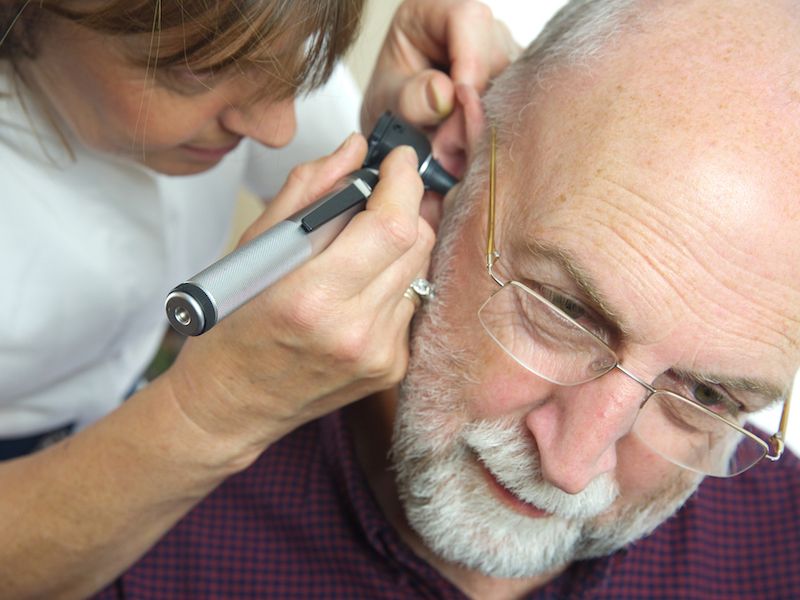
You still go to the eye doctor once a year if you wear glasses, right? Because your eyes can change over time. In fact, nothing in your body is static, not your eyes and not, it turns out, neither are your ears. That’s why, just like you do with your eyes, it’s essential to keep having your ears tested even after you’ve invested in a set of hearing aids.
Unfortunately, many people miss those regular checkups. It’s easy to overlook going in to consult with your hearing care expert because you’ve been too busy enjoying your life. Or it could be that your job has been difficult lately. You may even be so satisfied with your hearing aids that you just didn’t feel you need to make another appointment. That seems like it should be a positive thing, right?
For the majority of individuals with hearing damage, even one reexamination consultation becomes almost more important in the long run. Despite that, regular attention is often neglected. According to one survey, only 33% of seniors with hearing aids also used regular hearing services.
After You Have Hearing Aids, Why Would You Require to Get Normal Checkups?
Your hearing is dynamic. It changes over time. When these changes happen, you need to modify your hearing aids to compensate. Occasional testing helps monitor any changes in hearing and catch problems early.
It may be a good idea to get frequent checkups for other reasons also. Here are a few reasons why you should show up for your hearing examinations:
- Hearing aid calibration: Even though your general hearing health might remain stable, small differences in your hearing may create the need for annual adjustments of your hearing aid. Without this calibration, your hearing aids may progressively become less and less effective.
- Degeneration of hearing: Even with a hearing aid, your hearing might keep deteriorating. If this degeneration is happening over a long period of time, you probably won’t realize it’s happening without the assistance of a hearing test. Appropriate alterations to your hearing aids can often slow hearing declines.
Besides keeping up with changes in your hearing, it’s crucial to periodically have an expert cleaning. We can help make certain your hearing aid is working the way it is supposed to, clean all the little components and keep it in optimum condition.
If You Don’t Follow up With Regular Exams There is a Consequence
The ultimate concern, here, is that over time, the hearing aids will quit working the way they’re intended to, so you’ll get irritated with them and stop wearing them altogether. Hearing aids make your all-around health better and also, of course, makes your hearing stronger. You might not recognize it right away, but your hearing could deteriorate faster if you discontinue wearing your hearing aids. Increased risk of hearing problems, along with cognitive decline, have been connected to hearing loss.
In terms of having your hearing aids performing at an optimal level, frequent examinations are your best bet. Yearly hearing assessments or screenings can help you be sure your hearing aids are performing as they should and that your hearing is safeguarded. So now it’s time to schedule your hearing appointment.
